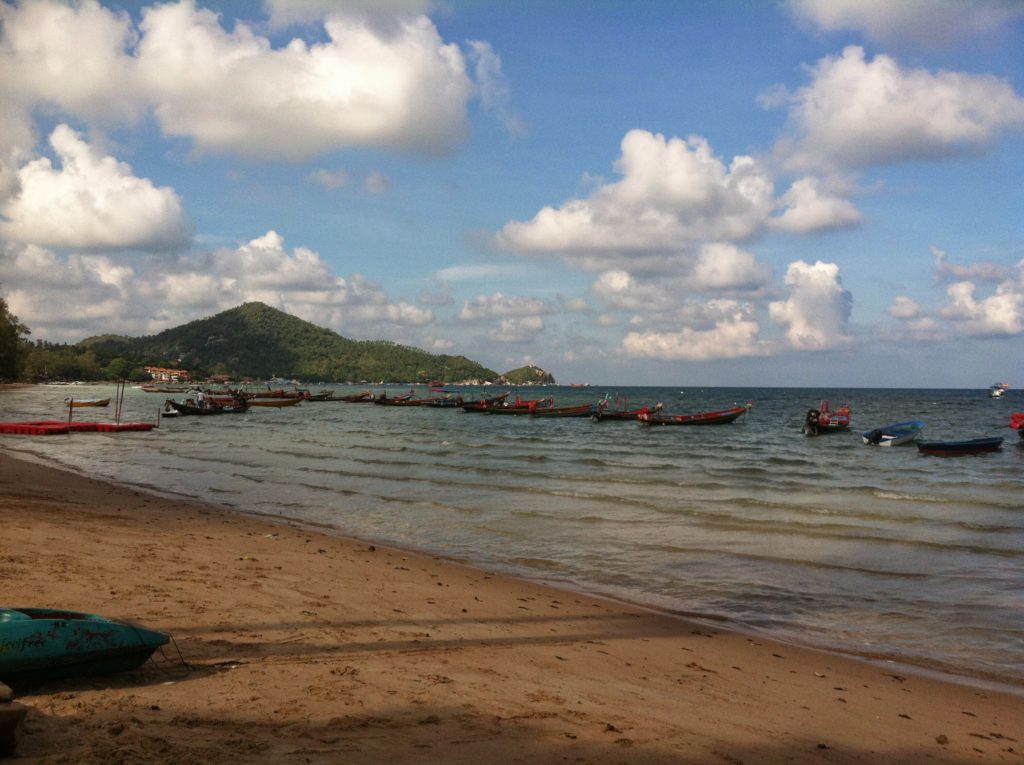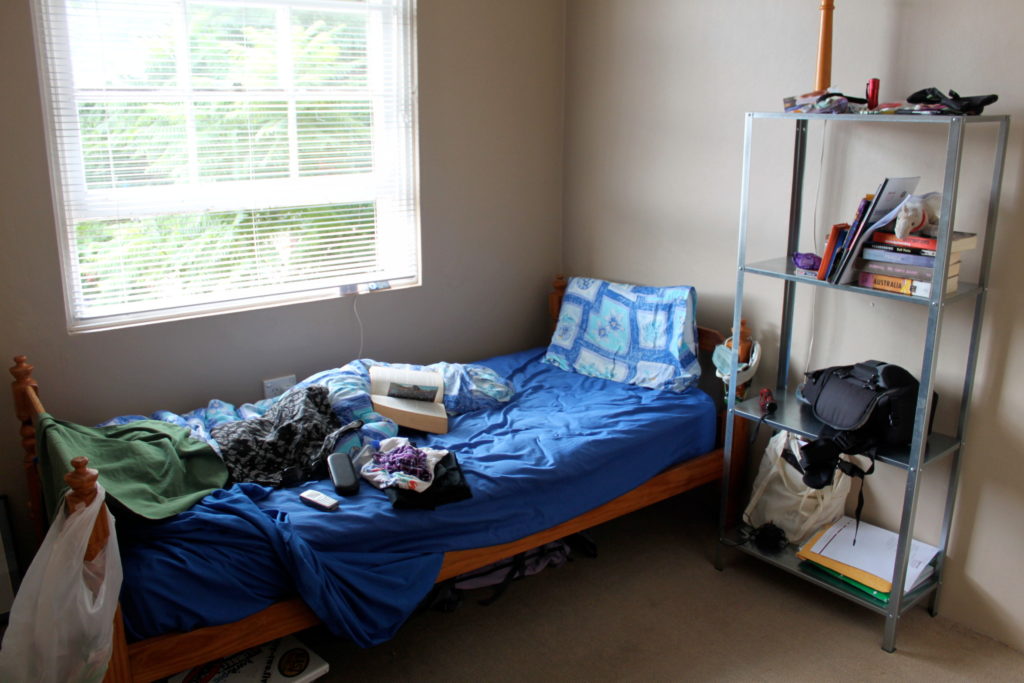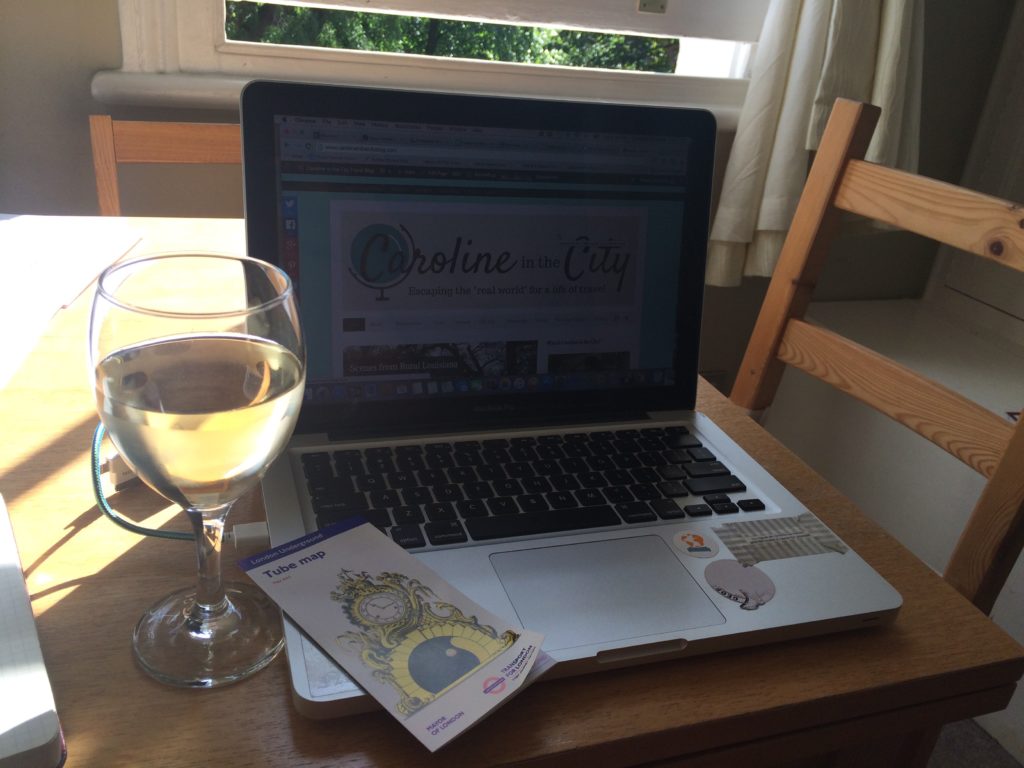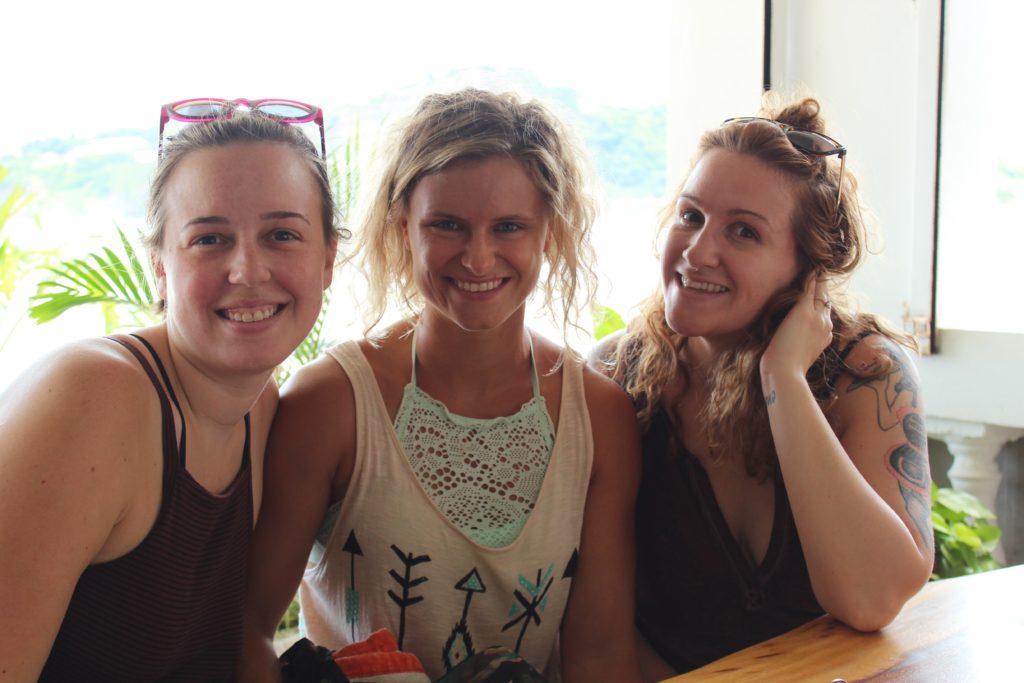When the company Remote Year first started advertising online, a few people sent me the link, telling me it would be perfect for someone with my flexibility. They were right. Who doesn’t want to spend a year working and traveling with a group of like-minded individuals with accommodations and workspaces pre-arranged? But then I read further.
The concept of the company (and the others that have followed a similar model like Hot Desk International), is a good one. You pay for a “program,” which sets the destinations and arranges places to live and work.
But with all of these, you must already have a job you can do remotely. This reduces the group of people that can do something like this. Then there’s the $30,000 cost, which can actually get you very far on the ground in these countries.
Like the tour companies that set up working holidays for a fee, including tax and banking details and the first week’s stay, you’re paying someone to do something you can do yourself. It’s all about convenience. If you have a job you can do remotely, you can set up a digital nomad lifestyle.
Step 1: The Job
Ask your employer about the possibility of working remotely. Some jobs have zero possibility, but others are flexible. Start with a few days working from home to prove your trust.
If you don’t have one of these jobs, start looking for side hustles that you can do anywhere. Online work is especially ideal for this. Freelance writing and graphic design in particular work well, but if you think you’ll just start a blog about your travels and it will pay for your trip, you’re sorely mistaken about the amount of work involved.
Step 2: The Destination
While your imagination might run wild with possibilities now that you’ve found a way to work remotely, not every place is set up for the lifestyle. Wireless connectivity is key, so if you spend most of the day dealing with dial-up or power outages, it’s not going to work.
Cities in Asia like Kuala Lumpur, Chiang Mai, and Manila are popular for this reason. Tel Aviv, Berlin, and Bucharest are other options. More importantly, where can you get a visa?
And who says it has to be abroad? Simply moving to another city in your country for a short period, a few months or less, can still be a nice way to change things up without applying for visas. Local Adventurer is a blog about a couple that moves every few months.
Step 3: The Apartment
This is probably the reason that people book through companies. As someone who has lived overseas, I can admit that finding an apartment can be frustrating. When I lived in Sydney, I visited a handful of grubby shared houses before finding the right fit.
Trying to do it from home before you go can add another layer of stress since you don’t know enough about the city yet. Instead, book your first week or so at a hotel or Airbnb until you get a feel for the neighborhoods you’ll want to spend time in. From there, ask around about longer-term options.
Step 4: The Workspaces
Finding a place to work is easier than it sounds. Coworking spaces are a dime a dozen these days, even overseas. If you work from one at home, like WeWork, you may even be able to apply your membership to another city. Coffee shops are also easy places to work, as are public libraries.
You might even find that your apartment has plenty of room to work. But if you’ve imagined working from a villa in the islands of Thailand, that bubble may burst as soon as you get sand in your keyboard. Even if you’re working abroad, it’s still work.
Step 5: The Community
Remote Year has a built-in community when you book with them, but it’s possible having an existing group will hold you back from local experiences. What’s the point of being in a foreign country if you spend all of your time with fellow Americans (or Canadians or Brits or Aussies, etc)?
Language barriers can inhibit relationship building, but online groups are a great way to get started in a new city. Check out Meetup and Travel Massive for events. Local coffee shops also post fliers.
Final Thoughts
Is it right for you? Maybe not. If working from home usually yields zero actual work, you’re better off keeping a traditional job and taking a sabbatical or short-term leave to travel. Moving to a new city, especially one overseas, can be a difficult transition, even if you’re working and making new friends.
Give yourself time to adapt. And be prepared for those comments from friends and family when you share pictures of you and your laptop on a beach. “Must be nice!”





Leave a Reply